Apple Fixed Two Actively Exploited Vulnerabilities in macOS 12.3.1 Monterey, But Hasn't Released Updates for Big Sur or Catalina
With the release of macOS Monterey 12.3.1 on Thursday, March 31, Apple addressed two critical vulnerabilities that may have been actively exploited in the wild, but as Intego pointed out this week, Apple left macOS Big Sur and macOS Catalina users vulnerable.
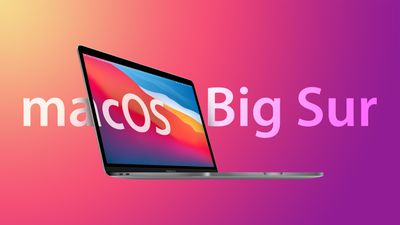
The macOS Monterey 12.3.1 update fixed a pair of security flaws, including an AppleAVD issue that could allow an application to execute arbitrary code with kernel privileges and an Intel Graphics Driver issue that could allow an application to read kernel memory. Apple said that it was aware of reports that these vulnerabilities "may have been actively exploited," aka there are attacks that use these specific security holes.
Apple often provides security updates for macOS Catalina and macOS Big Sur users alongside macOS Monterey updates to make sure that Mac users who continue to run older operating systems remain protected. Apple has not done so in this case, and there are no security fixes for macOS 11 Big Sur or macOS 10.15 Catalina.
macOS Big Sur and macOS Catalina are still being supported with updates for notable vulnerabilities, so it is not clear why security fixes have not been released. According to Intego, this is the first time that Apple has not released simultaneous security patches for Big Sur and Catalina alongside fixes provided for macOS Monterey.
Big Sur remains vulnerable to CVE-2022-22675 (the AppleAVD bug), while CVE-2022-22674 (an Intel Graphics Driver bug) likely impacts both Big Sur and Catalina, based on research conducted by Intego.
There are some Mac users who choose to remain on Big Sur or Catalina who could install Monterey to get security fixes, but other Mac users have older hardware that is not able to be updated to Monterey, and these users have no way to address the security flaws that are now publicized.
Intego estimates that around 35 percent of Macs in use today could be affected by one or both vulnerabilities, and Apple has not responded to the site's request for an update on when security fixes might come out for Big Sur and Catalina.
Popular Stories
iOS 17.2 has been in beta testing for over a month, and it should be released to all users in a few more weeks. The software update includes many new features and changes for iPhones, including the dozen that we have highlighted below. iOS 17.2 is expected to be released to the public in mid-December. To learn about even more features coming in the update, check out our full list. Journal ...
Unidentified governments are surveilling smartphone users by tracking push notifications that move through Google's and Apple's servers, a US senator warned on Wednesday (via Reuters). In a letter to the Department of Justice, Senator Ron Wyden said foreign officials were demanding the data from the tech giants to track smartphones. The traffic flowing from apps that send push notifications...
Apple today released new firmware update for both the Lightning and USB-C versions of the AirPods Pro 2. The new firmware is version 6B34, up from the 6B32 firmware introduced in November. Apple does not provide details on what features might be included in the refreshed firmware beyond "bug fixes and other improvements," so it is unclear what's new in the update, but prior software releases ...
Apple's Korean suppliers have begun developing smartphone under-display cameras (UDC), paving the way for the first iPhone with a true "all-screen" appearance. According to The Elec, LG Innotek has entered the preliminary development of the UDC, which sits under the display and does not result in a visible hole in the panel when the camera is not in use. A UDC differs from a typical front ...
The iOS 17.2 update that Apple is set to release to the public in the near future will bring support for the next-generation Qi2 wireless charging standard to the iPhone 13 and iPhone 14 models. Qi2 was mentioned in the release notes for the RC version of the update that came out today. With the addition of support for the new standard, iPhone 13 and iPhone 14 models will work with Qi2...
Recently, MacRumors has received details on the battery currently being tested on the upcoming fourth-generation iPhone SE, and the information corroborates previous findings in relation to the device. The iPhone SE 4, known by its device identifier D59, is expected to use the exact same battery found in the base model iPhone 14. Partially assembled prototypes of the next iPhone SE have been ...
Today we're tracking a collection of deals that are matching - or nearly matching - the same all-time low discounts we saw during Black Friday. This includes the AirPods Pro 2 with USB-C, 9th generation iPad, and M1 MacBook Air. Note: MacRumors is an affiliate partner with some of these vendors. When you click a link and make a purchase, we may receive a small payment, which helps us keep the ...
Meta has revealed plans to end Instagram users' ability to chat with Facebook accounts later this month, rolling back a feature that it introduced over three years ago. In September 2020, Meta (then Facebook) announced it was merging its Facebook Messenger service with Instagram direct messaging, allowing Instagram users to chat with Facebook users and vice versa using the same platform....



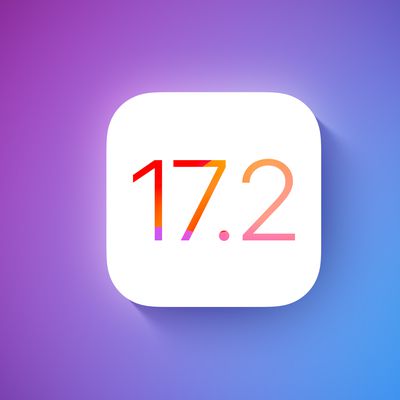
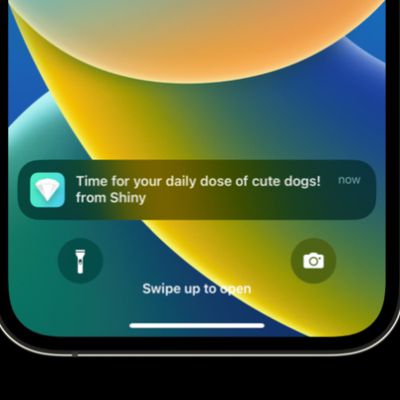

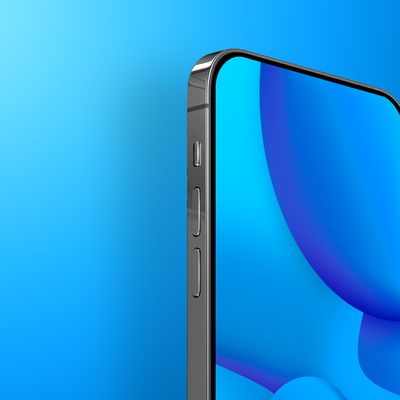
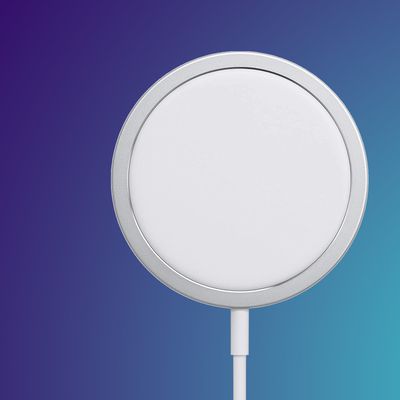
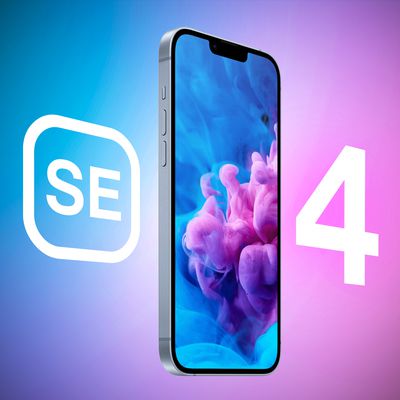

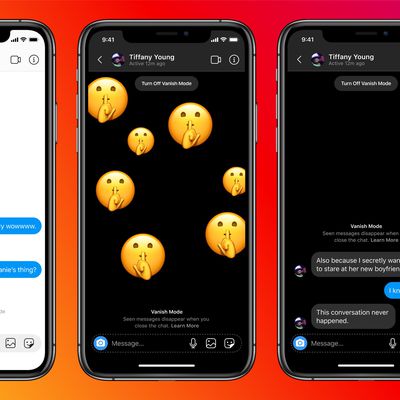













Top Rated Comments
Big Sur and Catalina did get theirs on the same day with 12.3:
But they didn't with 12.2.1:
So, it's not unprecedented for there to be a gap of a few days.
----------
A good discussion about how macOS inconsistencies and opaque updates are hurting users, for anybody interested:
"As far as macOS goes, everyone will tell you that Apple supports the current version for about a year before it’s replaced by a new major release, then provides two years of security updates for it. The strange thing about that is Apple doesn’t seem to have committed that to writing, and I’ve searched long and hard for its official policy on many occasions. This article sets out what Apple has actually done over the last few years, from OS X Mavericks onwards."
https://eclecticlight.co/2021/09/22/how-long-does-apple-support-macos/
I'm using a lot of apps that are too complex to be fully compatible with a new OS on day one, so I'm still running Big Sur. I'm not sure why Apple isn't updating Big Sur and Catalina. They really should communicate about it, but Apple's communication is lacking lately. I don't see why they can't backport the fixes with minimal effort certainly if they're actively exploited.
How is it that a smaller company like Microsoft can offer a much longer support window than Apple? Take a look at Windows 10. It came out on Jul 29, 2015 and Microsoft will be supporting it until Oct 14, 2025 ('https://docs.microsoft.com/en-us/lifecycle/products/windows-10-home-and-pro')
5 years of mainstream support from the release date and 10 years of extended support is pretty darn impressive.
"macOS Catalina Security Update Developer Beta 2022-004 10.15.7"
So I suspect it's in the pipe for a GM release.